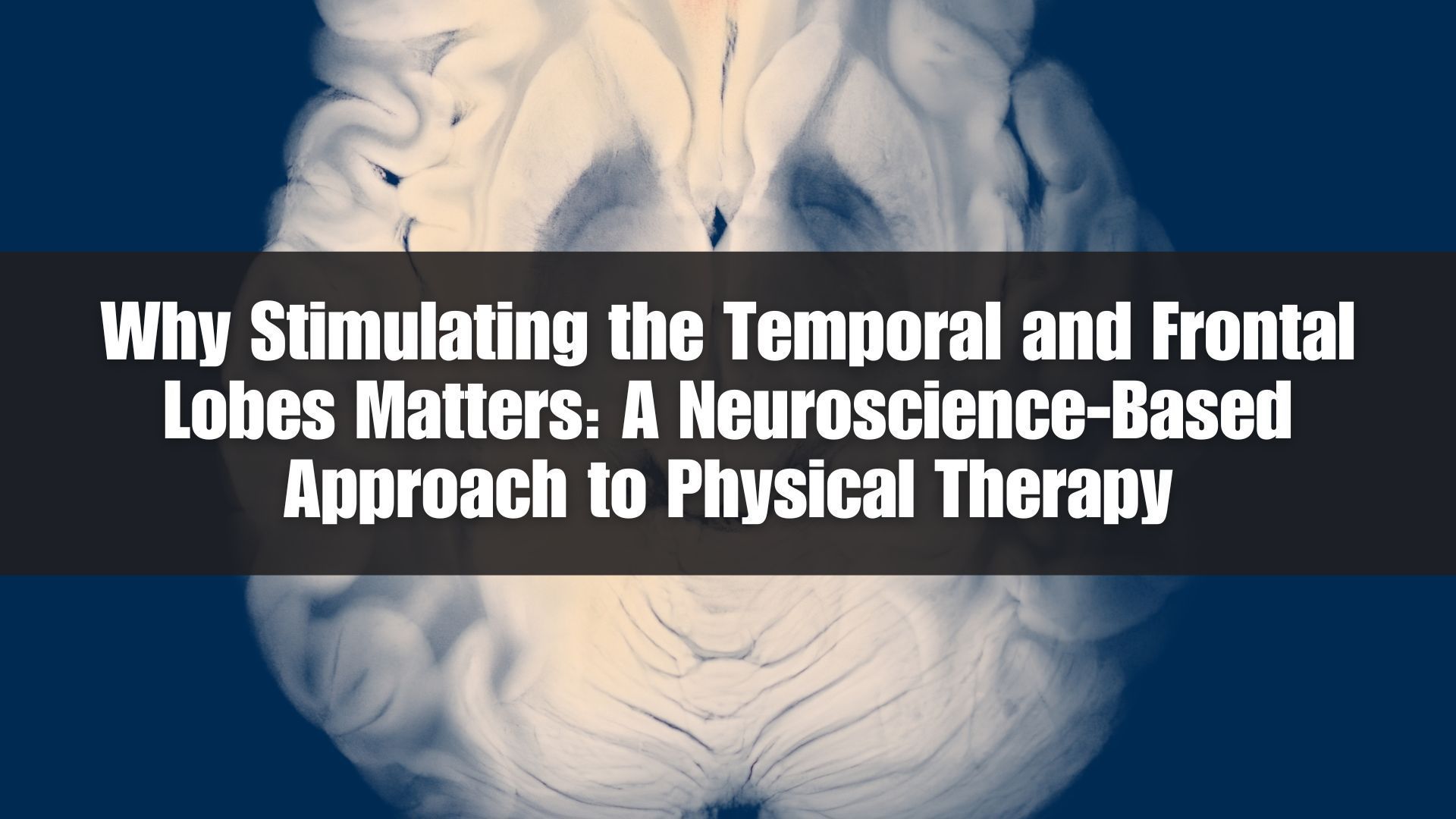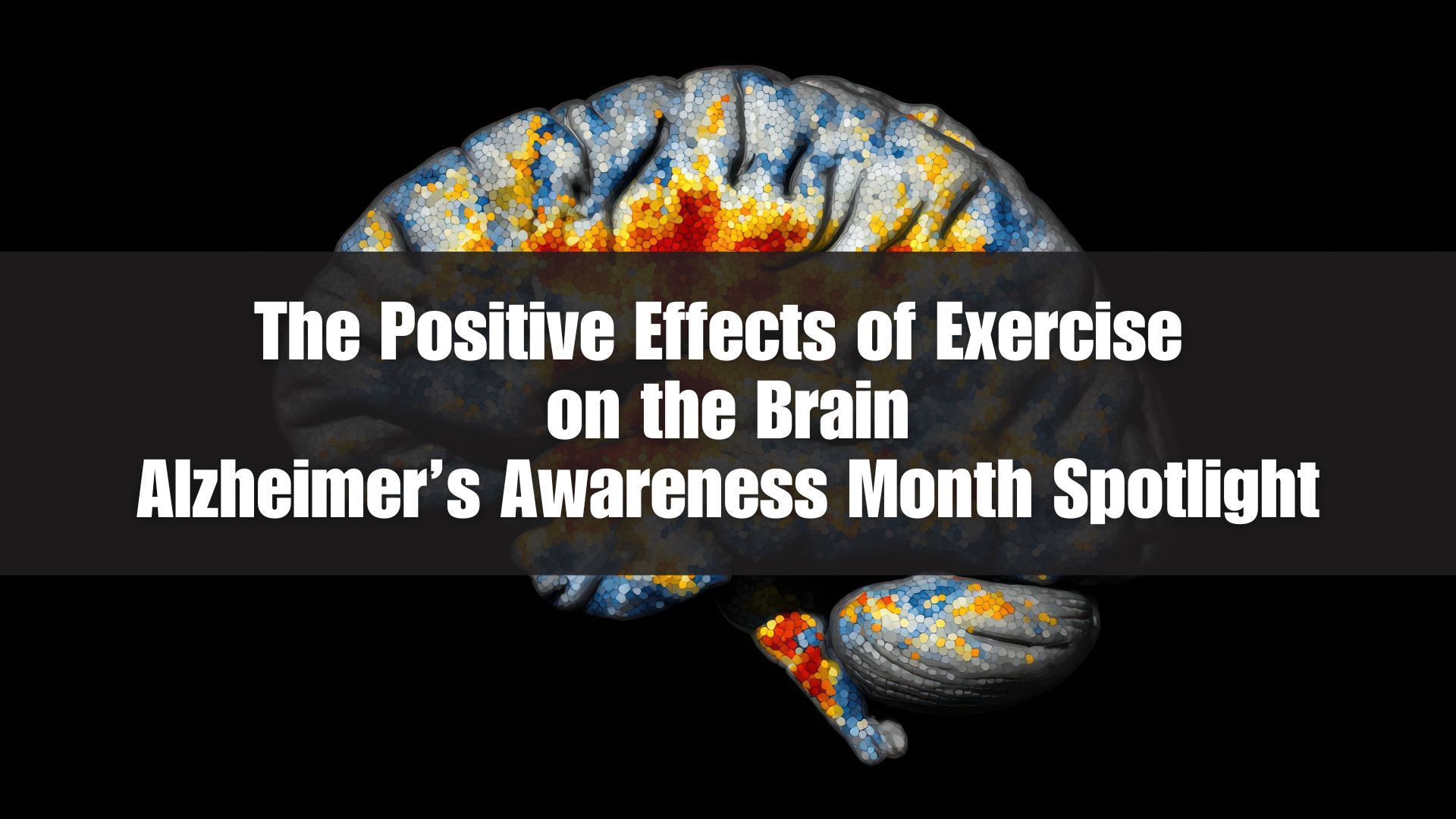Strength Training and Mental Health: The Powerful Connection You Can’t Ignore
insight from an Overland Park Personal Trainer and Brain-Body Specialist

When we think about strength training, we often focus on its physical benefits: building muscle, improving bone density, boosting metabolism, and enhancing athletic performance. But what if I told you that lifting weights could also lift your mood, reduce anxiety, and sharpen your focus?
As a personal trainer in Overland Park who works with clients of all ages and fitness levels, I’ve seen firsthand how strength training transforms more than just bodies—it transforms lives. The connection between physical strength and mental resilience is more than motivational—it’s backed by science and reinforced by countless success stories in the gym.
Let’s explore how strength training supports mental health and why it should be a core part of your wellness routine.
Strength Training Boosts Mood and Fights Depression
One of the most compelling benefits of strength training is its impact on mood. Numerous studies show that resistance training can significantly reduce symptoms of depression—even in individuals who aren’t clinically diagnosed. This is due in part to the release of endorphins, the brain’s “feel-good” chemicals that help reduce pain and elevate mood.
Unlike the quick dopamine hit from scrolling social media or eating a sugary snack, the mental lift you get from strength training is deeper and longer lasting. It improves self-esteem, increases confidence, and reinforces a sense of accomplishment. When a client hits a new personal record—whether it’s their first full-body push-up or a deadlift they never thought possible—their energy shifts. You can see it in their posture, their smile, and their motivation to keep going.
Resistance Training Reduces Anxiety and Enhances Stress Resilience
Chronic stress is one of the most common issues facing adults today, and it often leads to anxiety, sleep problems, and fatigue. Strength training helps buffer the effects of stress by regulating cortisol (the stress hormone) and encouraging the production of neurotransmitters like serotonin and dopamine.
The rhythmic nature of resistance training—breathing, bracing, lifting—can have a meditative effect. It anchors your attention to the present moment and gives your mind a break from the worries of the day. Just like mindfulness or meditation, lifting weights helps regulate the nervous system and reduce the overactivation of the fight-or-flight response.
I often coach my personal training in Overland Park clients to use strength sessions as a form of “active meditation.” You focus on form, breathing, and control—leaving less room for racing thoughts and anxious energy.
Improved Sleep, More Energy, Better Focus
Poor sleep and fatigue are both symptoms and contributors to poor mental health. Resistance training helps promote deeper, more restorative sleep, especially when done earlier in the day. As strength and muscle mass improve, so does energy production, blood flow, and oxygen delivery to the brain—all of which contribute to better cognitive function and mental clarity.
Several of my clients have shared how strength training helps them focus better at work, stay more patient with their families, and avoid the dreaded afternoon crash. It’s not just about looking stronger—it’s about showing up stronger for life.
The Empowerment Factor: Taking Control of Your Mental Wellness
Strength training with an Overland Park personal trainer teaches discipline, patience, and perseverance. When someone starts with a 5-pound dumbbell and progresses to lifting 30 pounds, they gain more than physical ability—they gain belief in themselves. That sense of progress and self-efficacy is a game-changer for mental health.
This is especially important for individuals who feel powerless or overwhelmed in other areas of life. In the gym, the rules are simple: show up, do the work, and you’ll get stronger. That sense of control is empowering, particularly in times of uncertainty or personal struggle.
As a trainer, I always emphasize small wins. Consistency over perfection. The mental gains are often more profound than the physical ones.
Connection and Community Through Strength
Isolation is a major risk factor for anxiety and depression. Whether you train in a group class, with a personal trainer in Overland Park, or in a supportive gym environment, strength training provides opportunities for connection.
Humans are wired for community. When people cheer each other on during workouts, celebrate each other’s progress, and share stories of resilience, it creates a powerful social support system. These connections can help combat loneliness and boost overall well-being.
Strength is Mental Health
Mental health is not just something you address with therapy or medication—although both are important. It’s also built, one rep at a time, through physical practices that support brain function, hormone balance, and emotional regulation.
If you’re struggling with anxiety, low motivation, or mental fatigue, consider adding strength training to your weekly routine. Start small. Work with a coach if needed. And remember that every time you show up and lift, you’re not just building a stronger body—you’re building a stronger mind.
If you need support getting started, my team and I specialize in brain-body fitness that integrates strength, balance, and neuro-based techniques to help you feel your best—mentally and physically.
Let’s build your strength from the inside out.
Ready to train your body and boost your mood? Book a free consultation with us today and discover how strength training can help you thrive.





